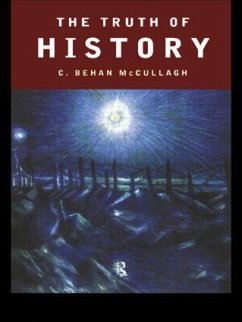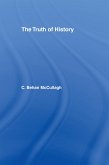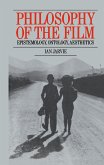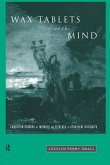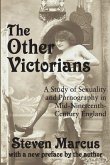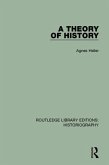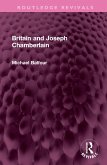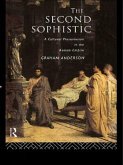Modern relativism and postmodern thought in culture and language challenge the 'truth' of history. This book considers how all historians, confined by the concepts and forms of argument of their own cultures, can still discover truths about the past.
The Truth of History presents a study of various historical explanations and interpretations and evaluates their success as accounts of the past. C. Behan McCullagh contests that the variety of historical interpretations and subjectivity does not exclude the possibility of their truth. Through an examination of the constraints of history, the author argues that although historical descriptions do not mirror the past they can correlate with it in a regular and definable way.
Far from debating in the abstract and philosophical only, the author beds his argument in numerous illuminating concrete historical examples. The Truth of History explores a new position between the two extremes of believing that history perfectly representsthe past and that history can tell us nothing true of the past.
The Truth of History presents a study of various historical explanations and interpretations and evaluates their success as accounts of the past. C. Behan McCullagh contests that the variety of historical interpretations and subjectivity does not exclude the possibility of their truth. Through an examination of the constraints of history, the author argues that although historical descriptions do not mirror the past they can correlate with it in a regular and definable way.
Far from debating in the abstract and philosophical only, the author beds his argument in numerous illuminating concrete historical examples. The Truth of History explores a new position between the two extremes of believing that history perfectly representsthe past and that history can tell us nothing true of the past.

